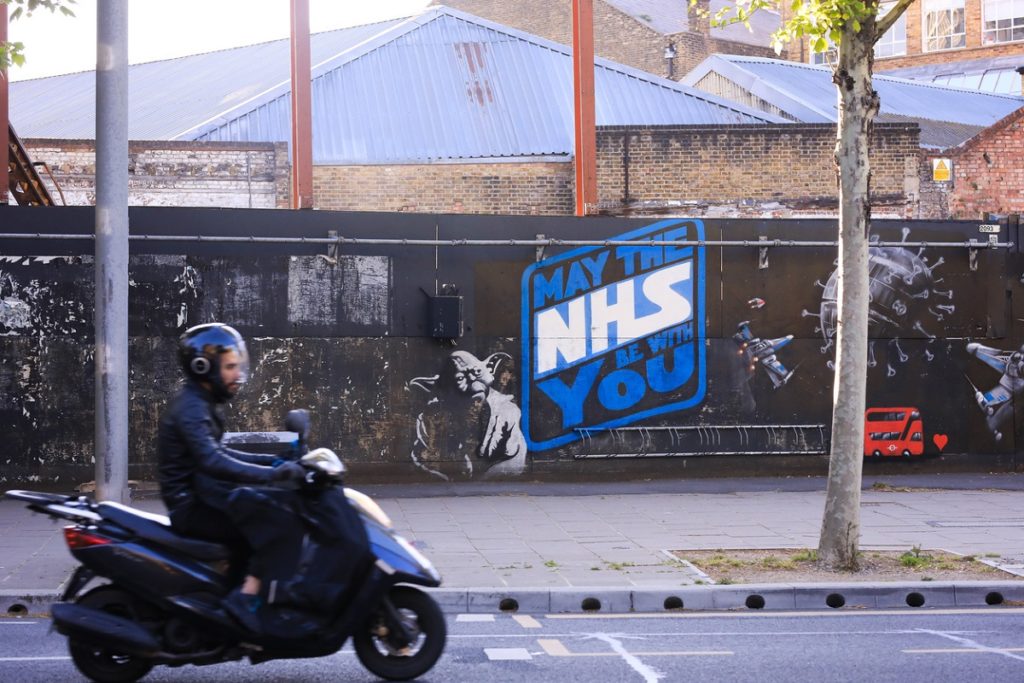The NHS is facing huge disruption today as tens of thousands of nurses and ambulance staff in England walk out. Nurses are beginning a two-day strike today as part of a long-running dispute over pay. They want a new pay offer for the current year amid soaring inflation.
The government has insisted that a higher offer would not be affordable, and is only willing to talk about the award for the next financial year.
Ambulance workers are also striking in the West Midlands, the North East, the East Midlands and the North West. Further action will be taking place in London, Yorkshire, the South West, North East and North West later this week.
The action has prompted NHS Providers, which represents trusts, to urge the public to use emergency services “wisely” as it warned the whole service was approaching a “crunch point”.


With ongoing industrial action providing the backdrop, health minister Maria Caulfield, who is also a nurse, told Sky News: “We’ve been pretty clear that we’re not going to look at the current year’s pay award that was agreed in April by the unions and by the government [who] accepted the pay recommendation in full.
“We really want to focus on the forthcoming pay award as they’re doing in Scotland which will recognise a number of issues such as inflation, recruitment and retention – that’s factored into the pay review bodies recommendations”.
Ms Caulfield added that the government has to negotiate with the whole public sector, and a 1% pay rise is equivalent to £700m of costs to the taxpayer.
Asked if patients were at risk, the minister said there was a “risk to patients the longer strikes go on” as routine procedures get pushed back continuously. She continued that ambulance strikes “increase someone’s risk” if they have an emergency.
According to the Royal College of Nursing (RCN) union, action was called off in Scotland as there was a commitment to an additional payment for the first three months of 2023.
Action in Wales was also been called off after an improvement to the 2022/23 pay offer was made. These proposals will be put to the members to see if they want to call off the strikes.
Also on the media round this morning, general secretary of the RCN Pat Cullen claimed that the prime minister and the government had failed to adequately engage in negotiations on pay and conditions.
She told ITV‘s “Good Morning Britain” programme that it is now “weeks since I have heard from anyone in his government, knowing that today and tomorrow is happening”.
Referring to a letter she sent to Mr Sunak at the weekend, Ms Cullen said: “I did say clearly to him that he must start to talk to me. He is punishing nurses now in England. These nurses are now paid the worst across the UK when you look at what has happened in Wales and Scotland. Is that fair? It most certainly isn’t.”
Over the weekend, business secretary Grant Shapps accused ambulance unions of putting patients’ lives at risk by refusing to inform employers of details of their strike action.
Sir Julian Hartley, the NHS Providers chief executive, said he understood why so many NHS staff members had reached a “tipping point”, urging ministers to negotiate with unions and end the industrial dispute. He added that 88,000 appointments had already been cancelled as a result of the action.
“We’re facing a crunch point. Monday’s coordinated walkout by nurses and ambulance workers could see the worst disruption yet for the NHS,” he said. “We face a very real risk that tens of thousands more patients will have their care disrupted in the coming days by this double whammy of strikes, especially as they’re coming right after a weekend when we know demand for care tends to build up”.
Health secretary Steve Barclay has repeated his call for the unions to call off their action as he insisted the government could not give in to above-inflation pay claims.
“The governor of the Bank of England warned if we try to beat inflation with high pay rises, it will only get worse and people would not be better off”, he said. “I have held constructive talks with the trade unions on pay and affordability and continue to urge them to call off the strikes.”.

